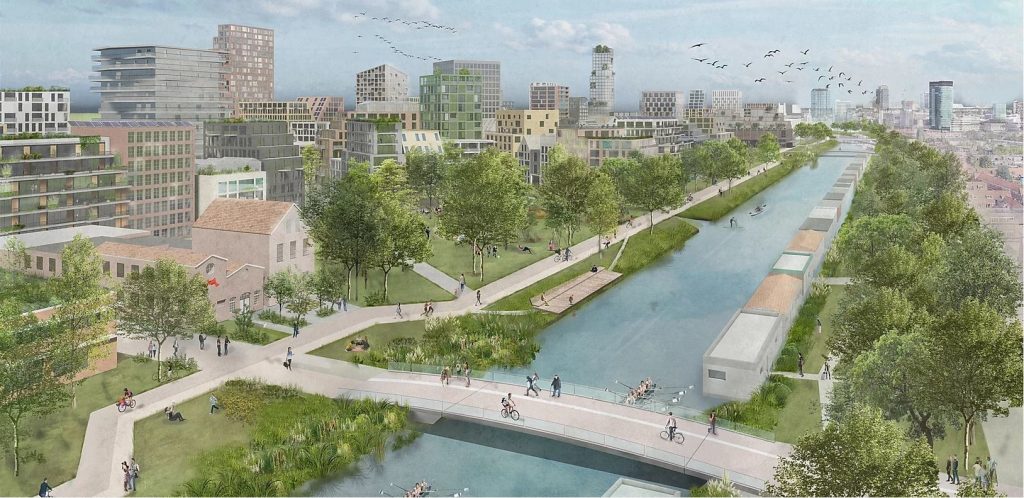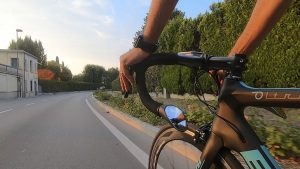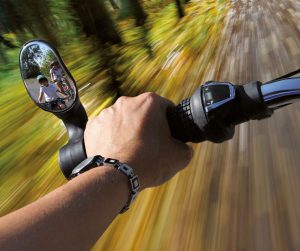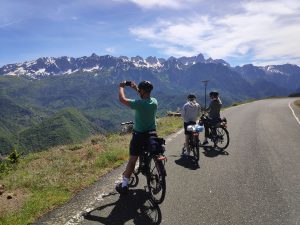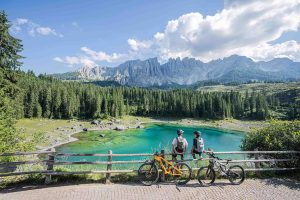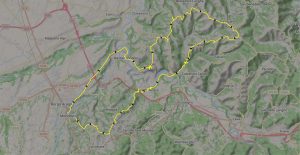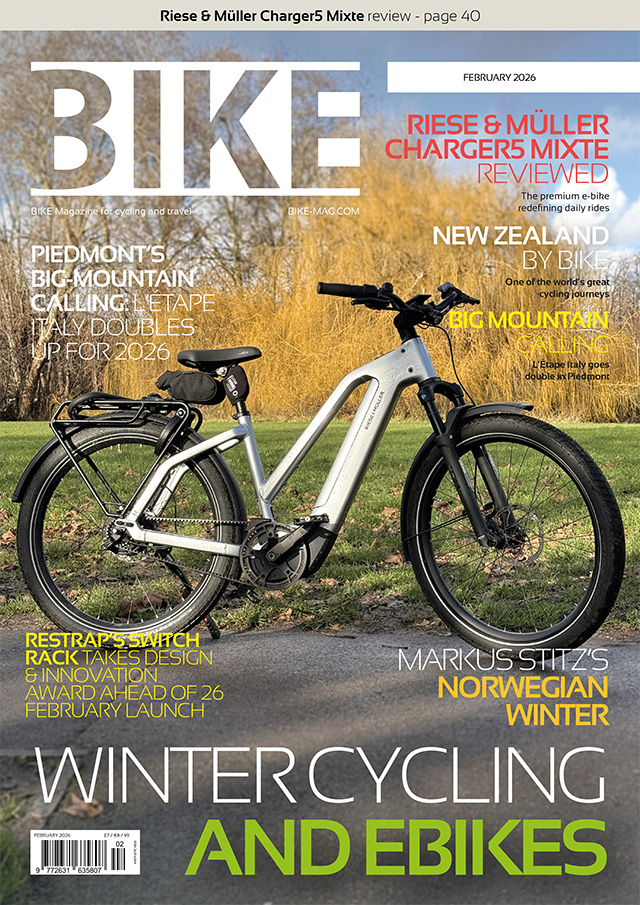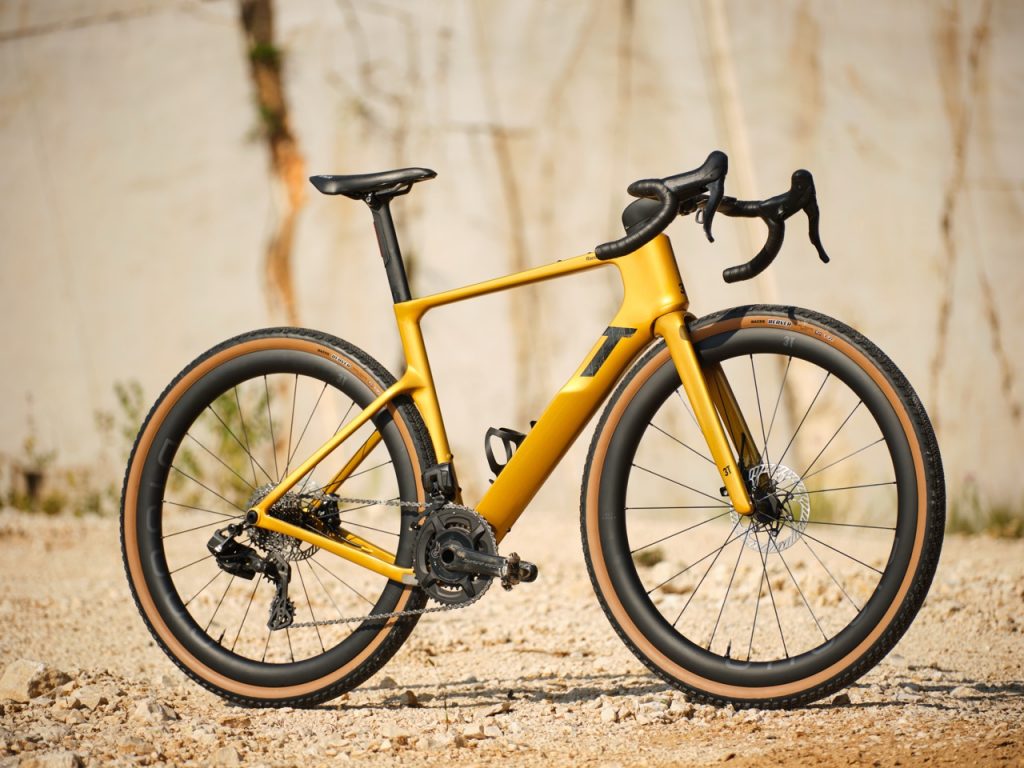The Netherlands: The Bike-Share Revolution
- In the Netherlands, a new urban area could become almost auto-free.
- The district residents must share a pool of bicycles and vehicles. 3 private parking spaces are reserved for each 10 buildings.
- The studies show that more cyclists can mean a safer population, less loss of long-term riders, and less air pollution.
One of the Netherlands is rethinking urban life, from private cars parking in front of individual homes to a neighbourhood that has been designed for cyclists and two-wheelers.
Utrecht is expected to have an almost car-free area and there will be no space for private vehicles.
The proposed development called Merwede will turn the urban industrial area into a model of sustainable living, in which greenery and solar panels will live up to walls and courtyards.
Both inhabitants will be accessible on a network of bikes, connecting the city centre in several areas of the area, within walking distance or by cycling.
The city will have good connexions with public transportation which will enable people to travel long distances and link them to and from other parts of the country.
Away from the heart of Merwede, parking for private vehicles will be open, but for every 10 households only three spaces will remain, of which 300 will be shared-vehicles.
Emergency services may join highways but the centre of the city is a no-go vehicle zone.
Public health improvement, security
The research shows that cycling can bring a range of benefits to public health. Besides the elimination of emissions, cycling helps to reduce depression frequently and reduces the risk of chronic conditions such as heart disease, type 2 diabetes and stroke.
Often, bicycle safety could be improved by bike-friendly communities. For areas with many pedestrians, cycle paths and infrastructure support a OECD road health report found greater levels of awareness.
Infrastructure investment
However, the idea of “safety in numbers” can disappear without infrastructure investment. The OECD report found that bicycle deaths would climb with the numbers of riders including drivers and cyclists.
The level of safety is different between countries and towns and towns. The 2019 World Bicycle Cities List recognises the cities with the best cycling services. The creation of dedicated cycle networks, the setting-up of bike sharing systems and no-car days lead Europe’s Centres, such as Utrecht, Germany’s Munster and Belgium’s Antwerp.
Bikers from Merwede will benefit, because Utrecht is already a refuge for cyclist. Dedicated routes are used, run in, out and around the town. Roughly 60% of city centre visitors come there by bicycle and the city houses the world’s biggest parking garage for bicycles.
If this plan succeeds, Merwede will not be the only cycling town built. To order to encourage walking, other cities such as Amsterdam have invested to cycling infrastructure.
More bike accessible cities will lead to healthier people, fewer cyclists losing their lives and better air quality, improvements positive for bikes, their neighbourhoods and the world with right planning.


